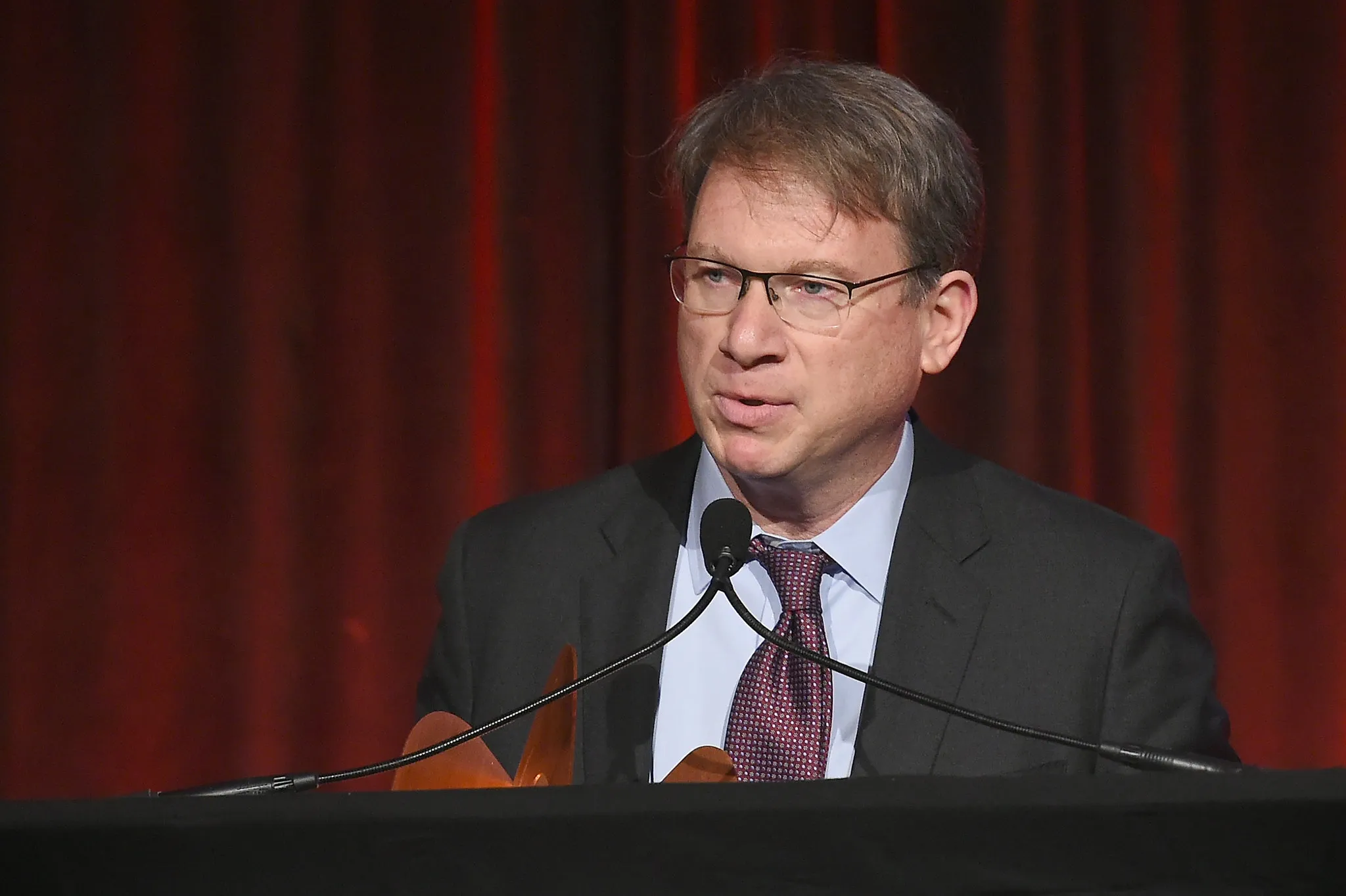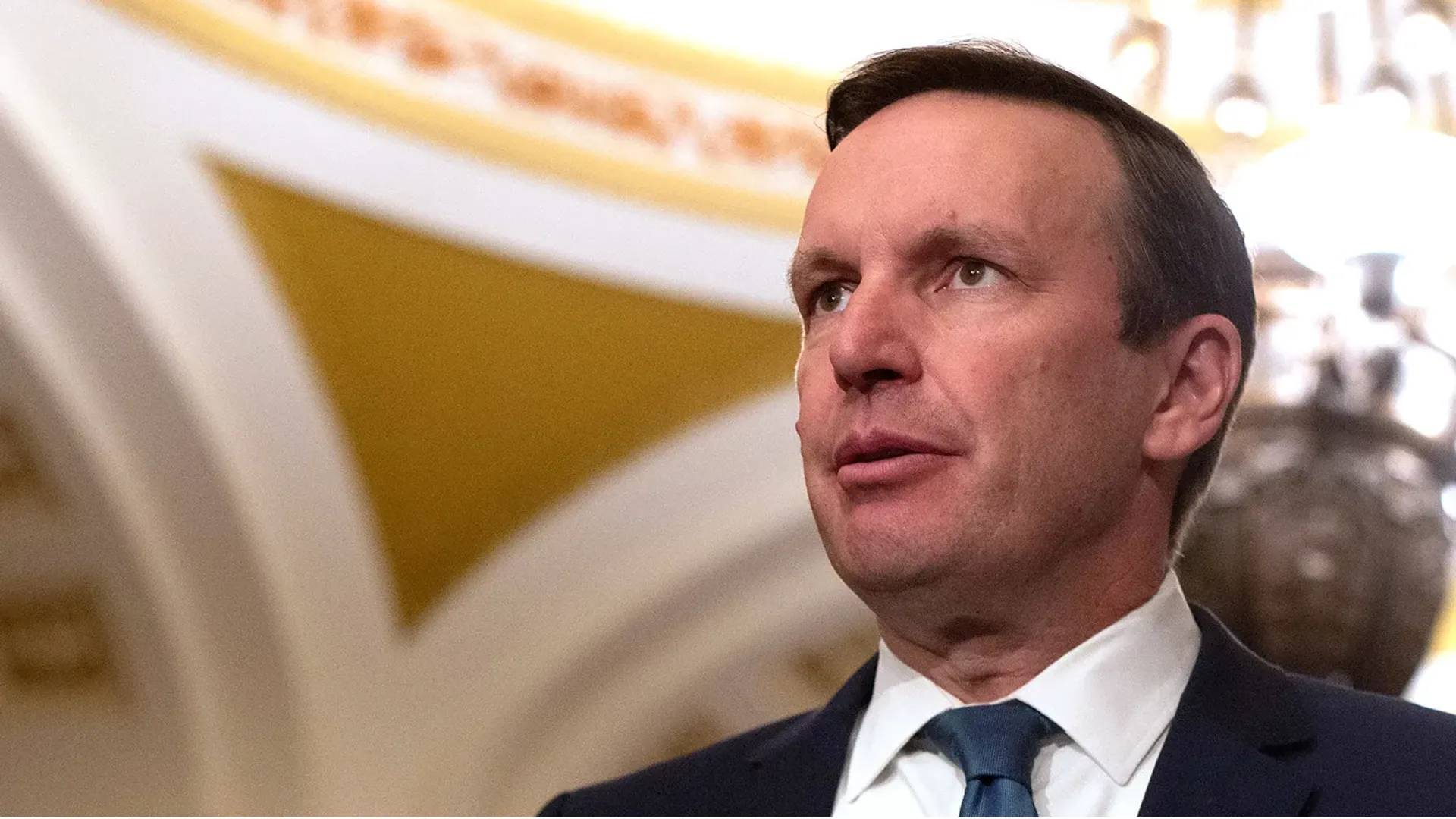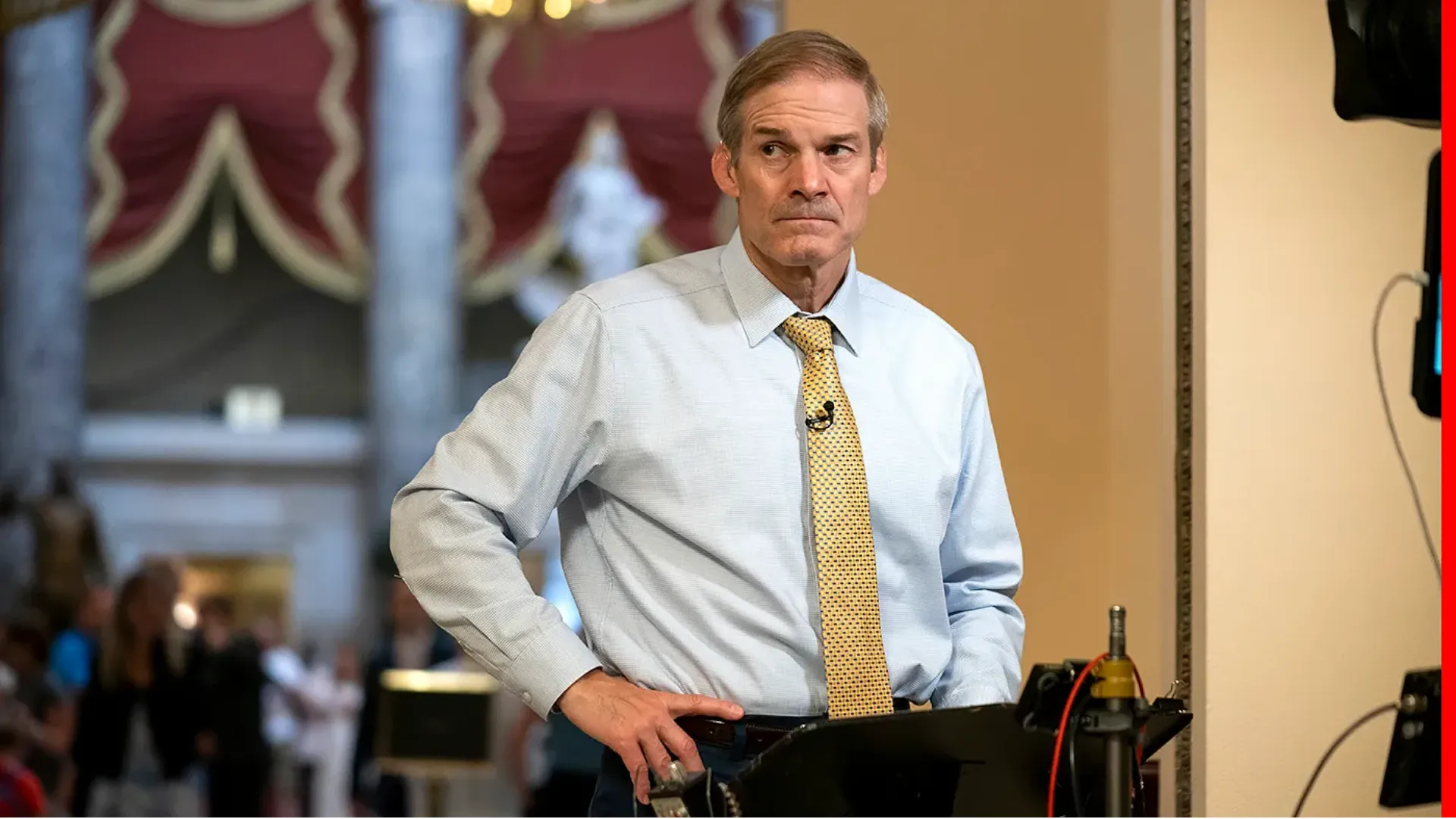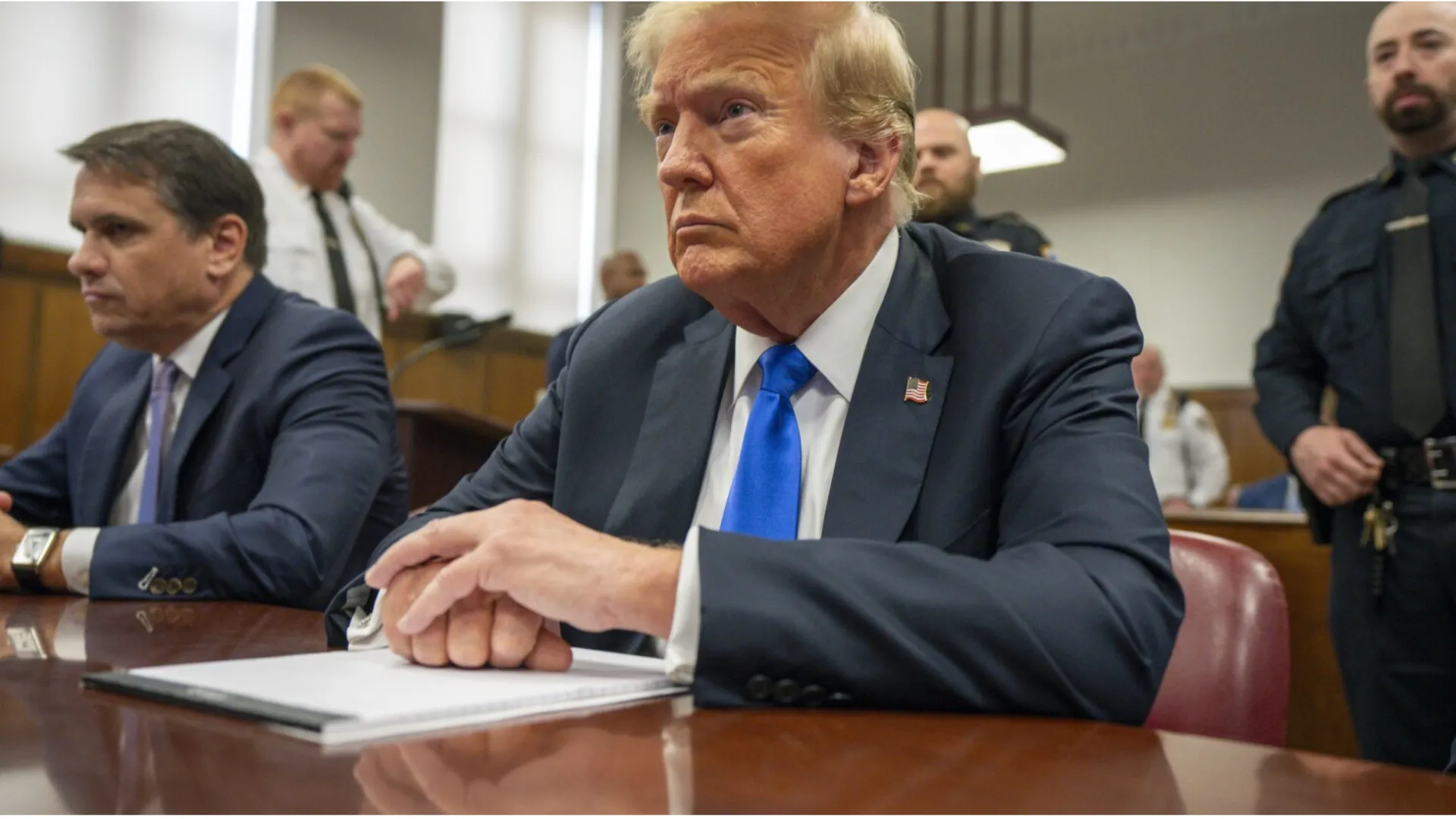
In a surprising turn of events, musician and outspoken celebrity supporter of President Donald Trump, Kid Rock, facilitated a high-profile meeting between two of the most unlikely political adversaries: Trump and HBO’s Bill Maher.
The dinner, which took place at the White House, was described by Kid Rock as a resounding success—one that exceeded expectations and was aimed at fostering a spirit of civility in a divided nation.
On a recent interview on "Fox & Friends," Kid Rock, whose real name is Bob Ritchie, expressed his satisfaction with how the meeting went, saying it was a “mind-blowing success” and that it “could not have been better.” The dinner, which took place just one day before the interview, brought together President Trump, comedian and TV host Bill Maher, and UFC President Dana White in a highly anticipated sit-down.
The meeting was unprecedented, given Maher’s vocal criticism of Trump over the years and Trump’s own disparaging remarks about Maher, whom he has often referred to as “Crazy Bill.”
However, despite their political differences, Kid Rock had coordinated the dinner with the intention of showing that even bitter political opponents can come together, engage in meaningful dialogue, and model a higher standard of discourse in America.
As the nation remains deeply divided, Kid Rock's initiative sought to demonstrate that civil conversations and mutual respect are possible, even among the most vocal critics of one another.
For years, Bill Maher has been one of President Trump’s most outspoken critics. Maher, who hosts the late-night talk show "Real Time with Bill Maher," has often used his platform to lampoon Trump.
He has described the former president as “everything wrong with a human being stuffed into one man” and made no secret of his disdain for him. Maher has even gone so far as to express a personal fear of Trump, admitting that he was “afraid of him on a very personal level.”
On the other hand, President Trump has never held back in criticizing Maher, calling him “Crazy Bill” and branding his HBO show as “boring.” Trump has also accused Maher of suffering from what he calls “Trump derangement syndrome,” a term often used to describe a perceived irrational hatred or obsession with the former president.
Given their ongoing animosity, the idea of the two sitting down together at the White House seemed almost inconceivable. However, Kid Rock believed that a face-to-face meeting might allow them to find common ground, at least in terms of mutual respect.

“This could be a breakthrough moment,” Kid Rock said, emphasizing that the dinner’s main goal was to show the country that even when political figures are divided, they could still engage with civility and work toward productive conversations.
Kid Rock’s mission was not to mediate a major policy breakthrough or resolve long-standing differences, but rather to prove that such encounters could be conducted with respect, and without the vitriol that often characterizes modern American politics.
The dinner at the White House was seen as a major political and social event, not just because of the individuals involved, but also because it was viewed as an attempt to model civility in the face of a polarized political climate. As the evening unfolded, Kid Rock described the atmosphere as “so pleasant” and “so surprising,” with everyone involved interacting in a cordial manner despite their differing political views.
During the dinner, which lasted for several hours, the group discussed a variety of topics. Kid Rock said they spent much of the conversation focusing on issues they had in common, such as the importance of ending “wokeness” and securing the U.S. border.
These topics are among the most divisive in the American political landscape, yet they were discussed with mutual respect by the individuals in the room.
President Trump was said to have asked Maher for his opinions on policy matters related to global issues, including the situation in Iran and Israel. Kid Rock described the conversation as a “mind-blowing” exchange, where political adversaries managed to engage in a substantive dialogue without resorting to name-calling or insults.
“There was no tension in the room, just a lot of respectful conversation about things we all care about,” Kid Rock said. “That’s something that doesn’t happen very often in politics today. It was a moment where we all just talked as people, not as political figures.”
Kid Rock’s decision to bring Maher and Trump together was motivated by his desire to show that, despite the sharp political divide in America, people could still come together to discuss important issues and seek common ground. The dinner was a rare instance of dialogue between individuals who typically represent the extreme ends of the political spectrum.
The dinner’s success, as Kid Rock saw it, was in the way it demonstrated the possibility of civility in an era defined by political polarization. In recent years, political discourse in America has become increasingly toxic, with social media platforms, cable news, and even the halls of Congress becoming battlegrounds for ideological warfare.
Amid this divisiveness, Kid Rock’s effort to bring together Trump and Maher was a welcome attempt to break through the noise and show that personal connections could be built despite differences.
Even Maher, known for his sharp-tongued humor and his role as a leading liberal voice, acknowledged the historical significance of the dinner. Prior to the meeting, Maher had compared the dinner to President Richard Nixon’s famous trip to China in 1972, an event that marked a significant thaw in U.S.-China relations.
Maher remarked that he did not believe he could “heal America,” but that he hoped the dinner could serve as a model for future interactions between political adversaries.
The dinner also had symbolic importance in light of the current political climate. Trump, during the interview, admitted that he was initially hesitant about the idea of sitting down with Maher, saying, “I didn’t like the idea much.
But I thought it would be interesting, and maybe fun.” This honesty about his initial reluctance made the eventual outcome even more significant. It proved that, even in the most unlikely of circumstances, individuals could set aside their differences for a moment of productive dialogue.
Kid Rock’s description of President Trump during the dinner was equally significant. He called Trump “so gracious,” noting that the president went out of his way to show the guests the White House’s private residence, including the Gettysburg Address and the Lincoln Bedroom.
This moment of hospitality, coupled with the sincere conversation that followed, marked a stark contrast to the public animosity that has often defined Trump’s relationships with his critics.
For Kid Rock, the dinner represented a key opportunity to show that political adversaries could find a way to meet face-to-face without the usual drama that surrounds high-profile political meetings. “Nothing happens if people don’t break bread together and meet face-to-face,” Kid Rock said, underscoring the importance of personal interaction in bridging divides.
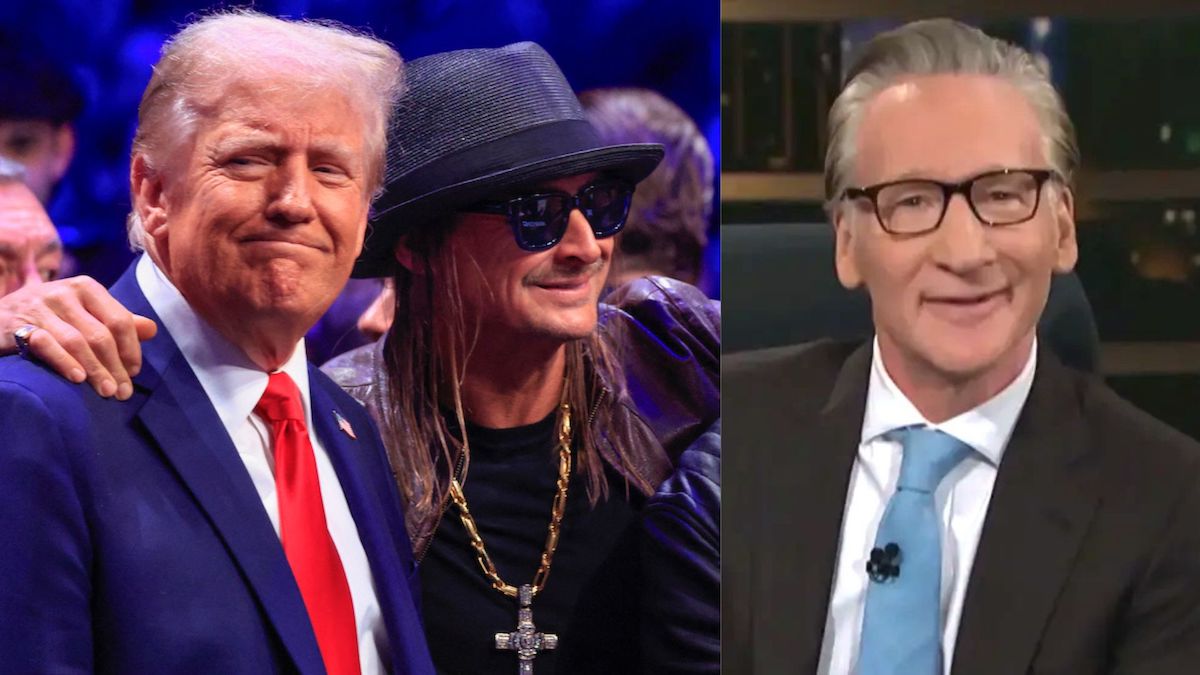
At the same time, the musician acknowledged that the dinner was not going to change the world or fix all of America’s political problems. However, it did serve as a hopeful example for those looking for a way to cut through the bitterness and find areas of agreement, even when the political differences seem insurmountable.
“It was my whole intention to show people that, even though we’ve been pretty hard on each other, when you get face-to-face, maybe we can have a little more civility in this country and try to bring people together,” Kid Rock said, emphasizing that it was about the broader message of unity.
While the dinner between Trump and Maher did not result in any major political breakthrough, it did provide a glimpse of what might be possible if more political figures follow Kid Rock’s example and take the time to meet in person, engage in respectful conversation, and listen to one another. The dinner was a small but significant step toward reviving the kind of political civility that has been sorely lacking in recent years.
As the country continues to navigate its deeply entrenched political divisions, moments like this are critical in demonstrating that, despite the rancor and discord that often dominate the political landscape, Americans can still come together to discuss their differences with respect, and maybe, just maybe, start working together for the common good.

